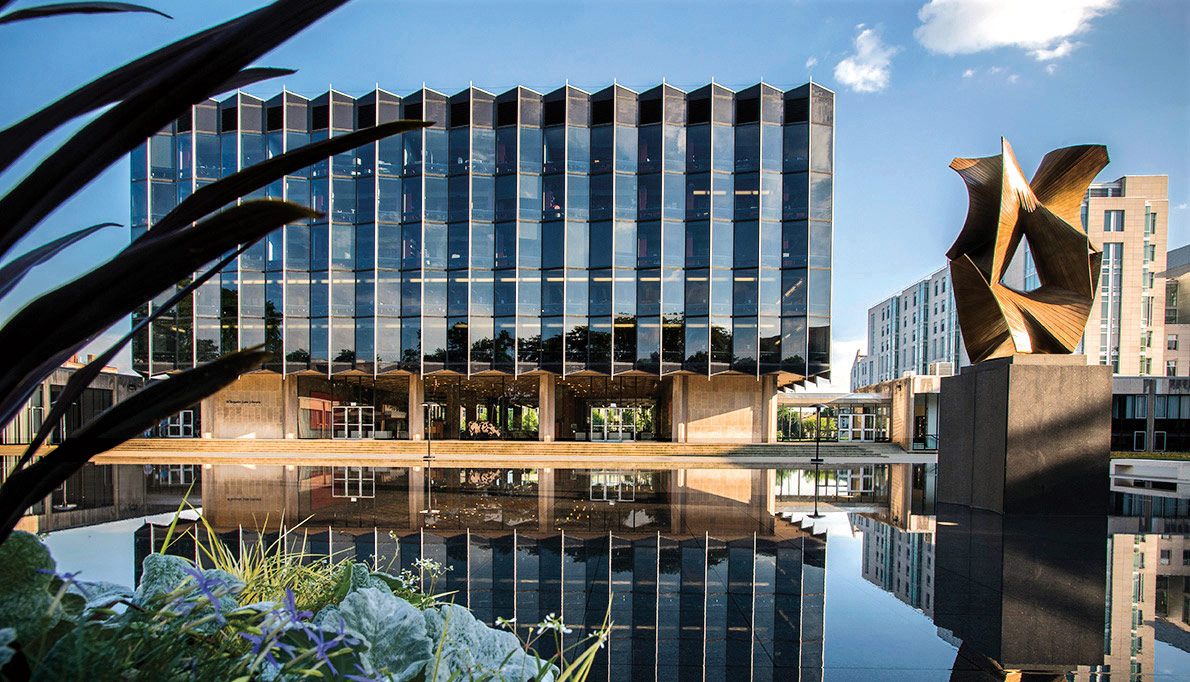Midyear Meeting
The American Society of International Law hosts a Midyear Meeting annually in late October or early November. The meeting encompasses several events, including leadership meetings of the Society's Executive Council and the Board of Editors of the American Journal of International Law; the Research Forum, which features cutting-edge international law scholarship by more than 90 authors; and programming for practitioners. The Midyear Meeting has been held since 2010 in Miami, Los Angeles, Athens & Atlanta, New York, Chicago, Washington DC, Seattle, St. Louis, New York, virtually, Miami, and Pittsburgh.
The 2024 meeting was held in Chicago, Illinois, at the University of Chicago Law School, November 14-16, 2024. Thank you to all who participated.
The 2024 meeting was held in Chicago, Illinois, at the University of Chicago Law School, November 14-16, 2024. Thank you to all who participated.
2024 MYM Sponsors








